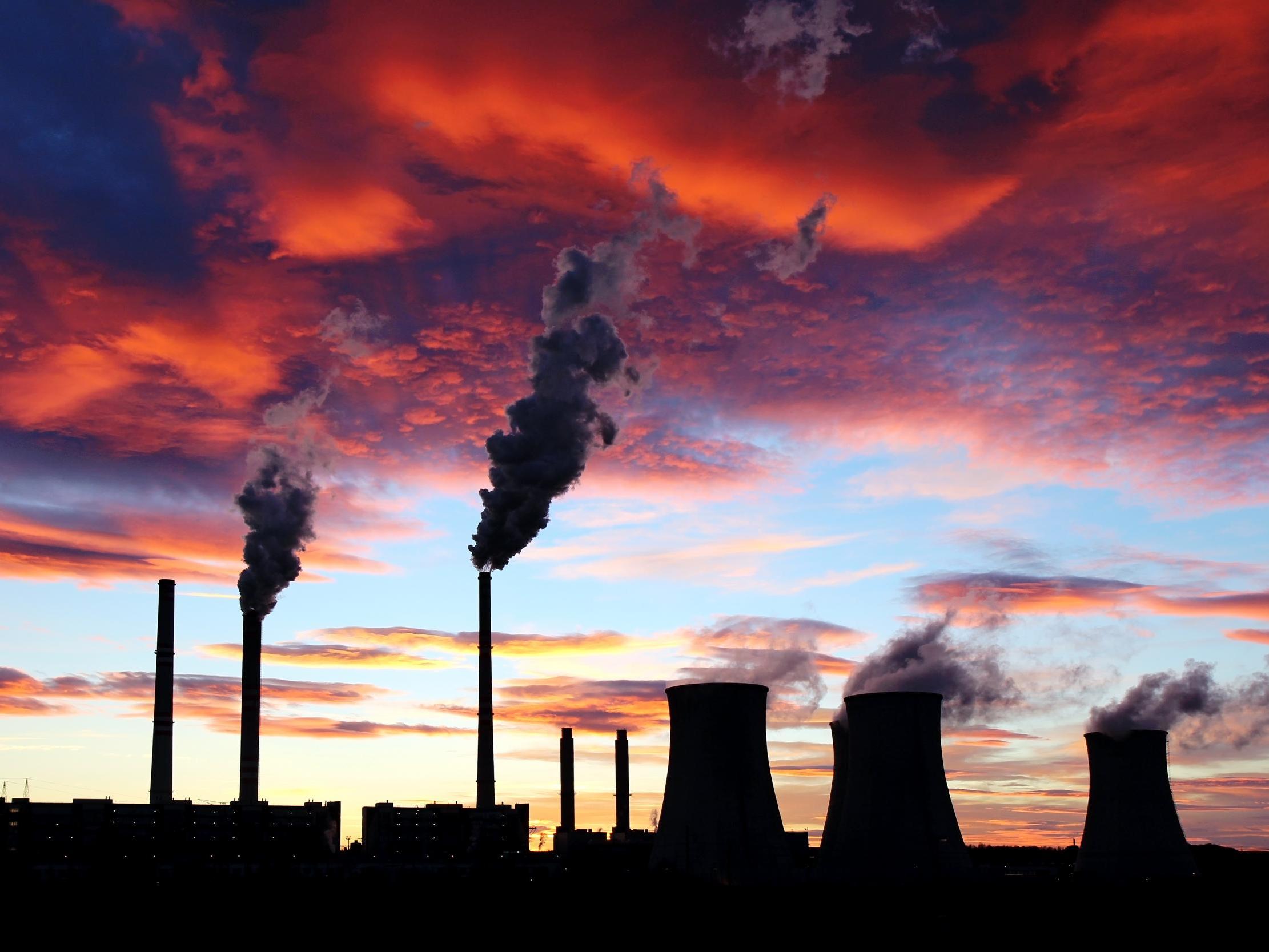UK spends £680m of foreign aid budget on fossil fuels, report reveals
‘UK wants to be a leader on climate change, so it’s shocking aid money is still spent on fossil fuels overseas’

Your support helps us to tell the story
From reproductive rights to climate change to Big Tech, The Independent is on the ground when the story is developing. Whether it's investigating the financials of Elon Musk's pro-Trump PAC or producing our latest documentary, 'The A Word', which shines a light on the American women fighting for reproductive rights, we know how important it is to parse out the facts from the messaging.
At such a critical moment in US history, we need reporters on the ground. Your donation allows us to keep sending journalists to speak to both sides of the story.
The Independent is trusted by Americans across the entire political spectrum. And unlike many other quality news outlets, we choose not to lock Americans out of our reporting and analysis with paywalls. We believe quality journalism should be available to everyone, paid for by those who can afford it.
Your support makes all the difference.The British government has spent £680m of its foreign aid budget on fossil fuel extraction abroad since 2010, despite signing up to international agreements to cut greenhouse gas emissions and claiming to be a leader on tackling climate change, campaigners say.
Nearly a quarter of aid spending on energy goes on fossil fuel projects, according to analysis commissioned by aid agency Cafod carried out by the Overseas Development Institute. In the two years following the 2015 Paris agreement more money was pumped into oil and gas projects than in the previous five years, the research found.
Dr Sarah Wykes, Cafod’s lead analyst on climate change and energy, said: “The UK wants to be a leader on climate change, so it’s shocking that UK aid money is still being spent on fossil fuels overseas.
“At a time when we are reducing the UK’s own reliance on fossil fuels, why are we spending billions of pounds saddling poorer nations with outdated technologies that will cause more climate damage?”
Between 2010 and 2017 the UK provided support for energy in the developing world with a total value of £7.8bn and almost 60 per cent of the money (£4.6bn) went to supporting polluting energy sources, the analysis said.
The support includes billions from UK Export Finance, for the likes of loans, insurance policies and bank guarantees to UK exporting companies, with almost all of the export finance for energy going to fossil fuels. And while more overseas development aid was spent on renewables than on fossil fuels, the polluting energy sources still received almost a quarter (22 per cent) of the overall spend.
Overseas development aid is targeted at people living in poverty, but it is those people who will be the hardest hit by the impacts of climate change, Cafod warned. However, less than 5 per cent of the overall support for energy and less than 12 per cent of overseas development aid was targeted at ensuring more access to energy for poor people, the findings also showed.
During the period 2010-17, the UK signed up to the international Paris agreement to curb global warming and commit to the UN’s sustainable development goals, which included ensuring access to sustainable energy for all by 2030.
The UK has also co-founded a Powering Past Coal Alliance of countries and is bidding to host UN climate talks in 2020 as it seeks to be a world leader on tackling climate change.
Dr Wykes said: “The whole point of development aid is to improve the lives of people living in poverty.
“The government needs to align its aid spending with its climate goals and urgently commit to ending all new aid for fossil fuels.”
A government spokesperson said: “Since 2011 around the world, UK aid has provided 17 million people with improved access to clean energy. The UK has committed to net zero emissions by 2050.
“However we need to do more if we are going to meet the goals of the Paris agreement on climate. As the prime minister announced at the G20 last month, in future we will look for the greenest way to deliver UK aid.
“Developing countries will be hardest hit by climate change. We cannot eradicate poverty without also protecting the environment.”
Additional reporting by PA
Join our commenting forum
Join thought-provoking conversations, follow other Independent readers and see their replies
Comments